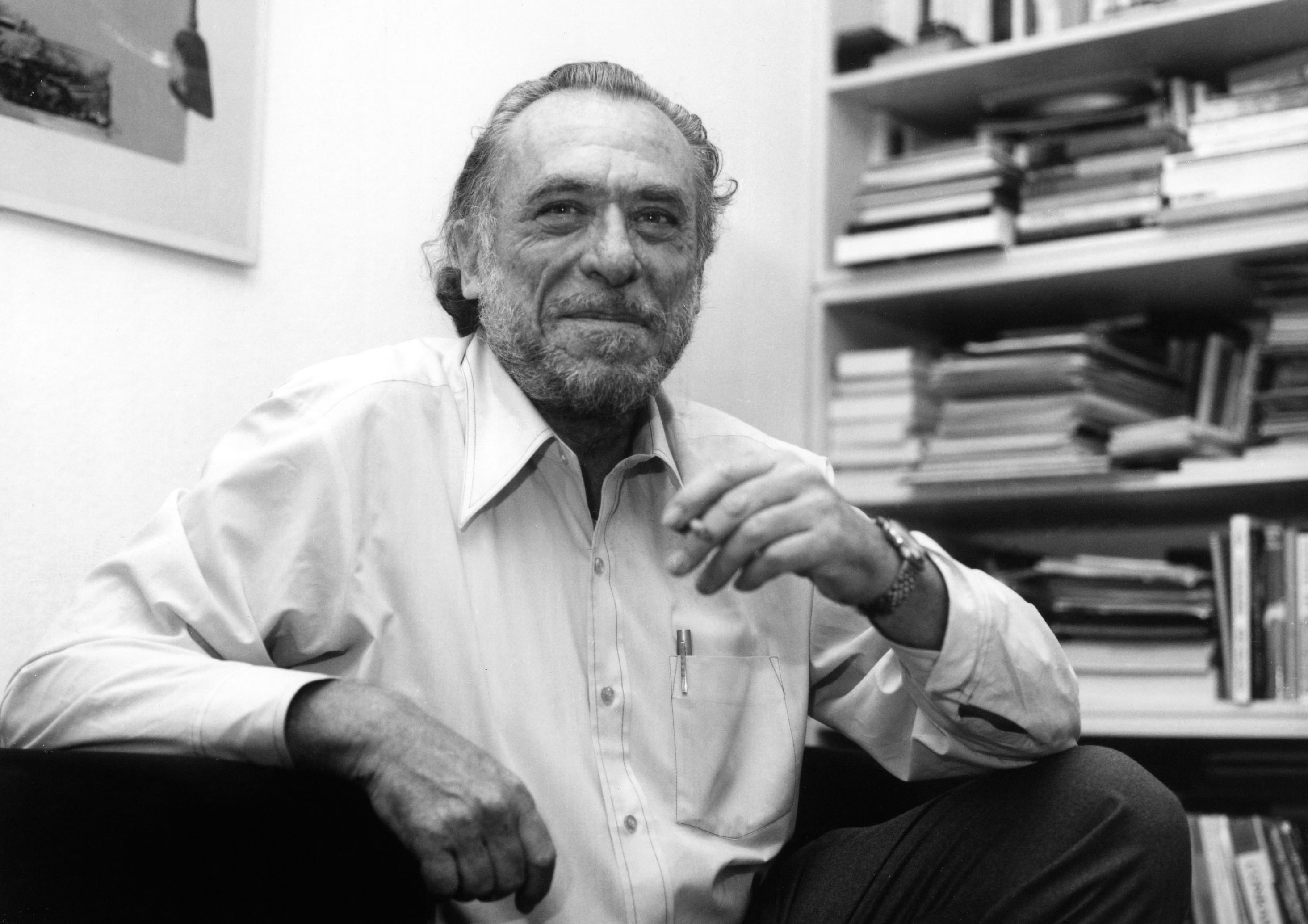I found Charles Bukowski's works at a stage when I had lost all sense of direction as an adult and an English teacher in Japan. At a time of uncertainty and self-doubt, Bukowski presented the idea that just living could perhaps be enough.
There are a surprising number of references to Japan in Bukowski's fiction. One example is the poem "The Japanese Wife," in which he uses a comparison between Eastern and Western females to attack modern American women.
Bukowski seemed to have an interest in Japan and to like the idea of it on an escapist level. He even meets a Japanese co-worker in "Factotum" who inspires further musings on Japanese women: "I had always had a very strange idea, for a long time, that after all the trouble and pain was over, that a Japanese girl would come along and one day we would live happily ever after." I've heard similar thoughts expressed by Japanophiles back in the U.K. and actualized by many of the people I've met in Japan (except for maybe the "happily ever after" part).


















With your current subscription plan you can comment on stories. However, before writing your first comment, please create a display name in the Profile section of your subscriber account page.